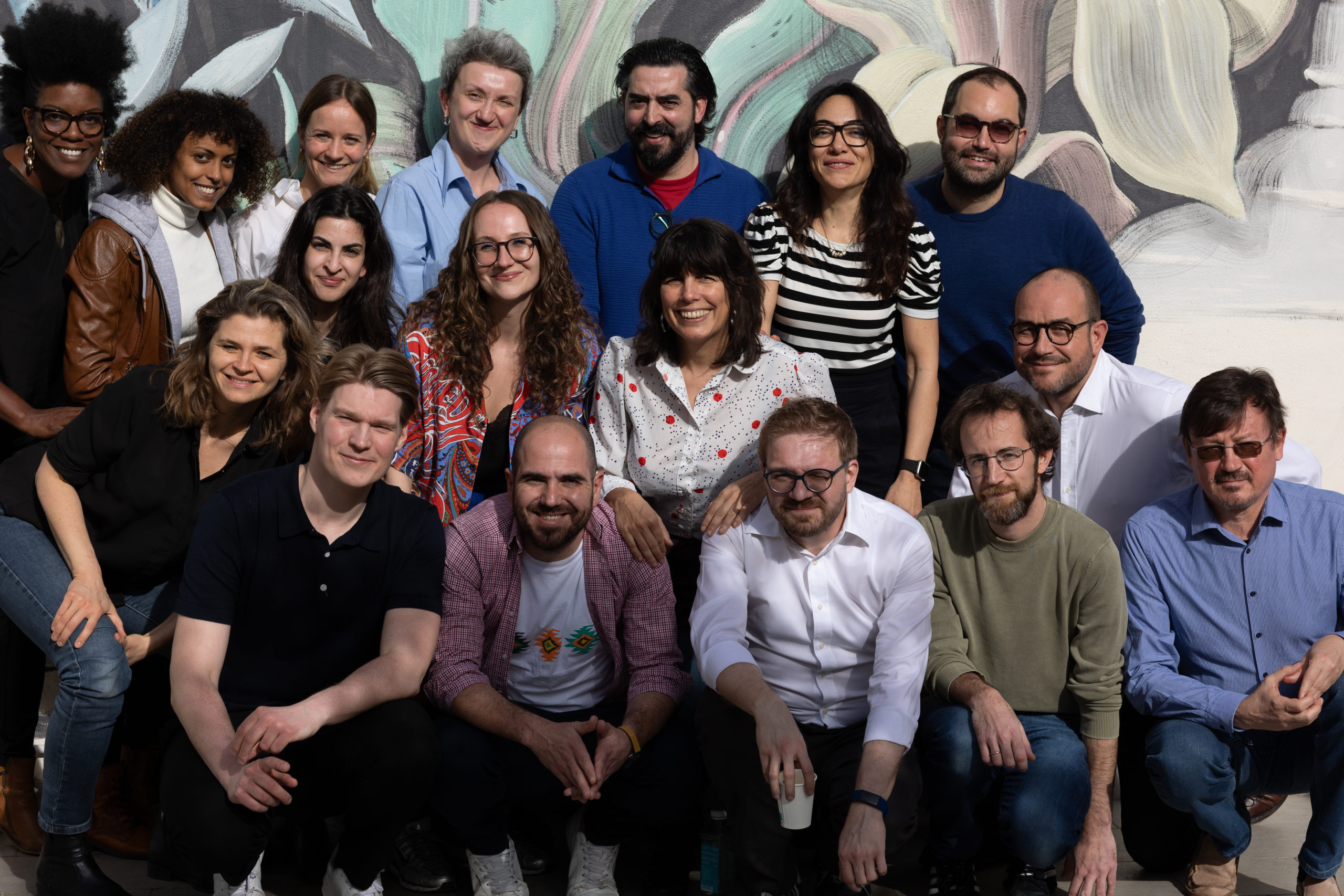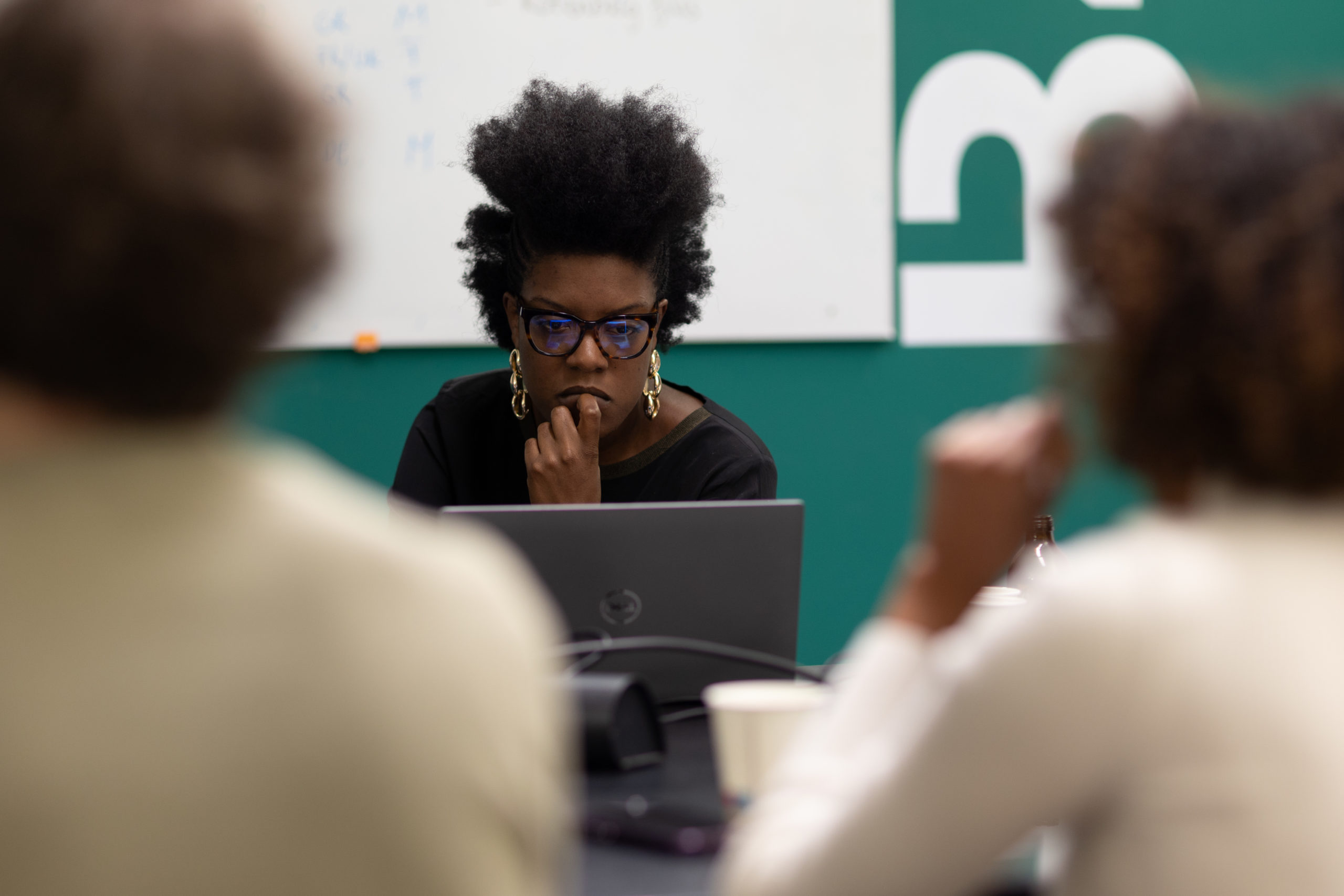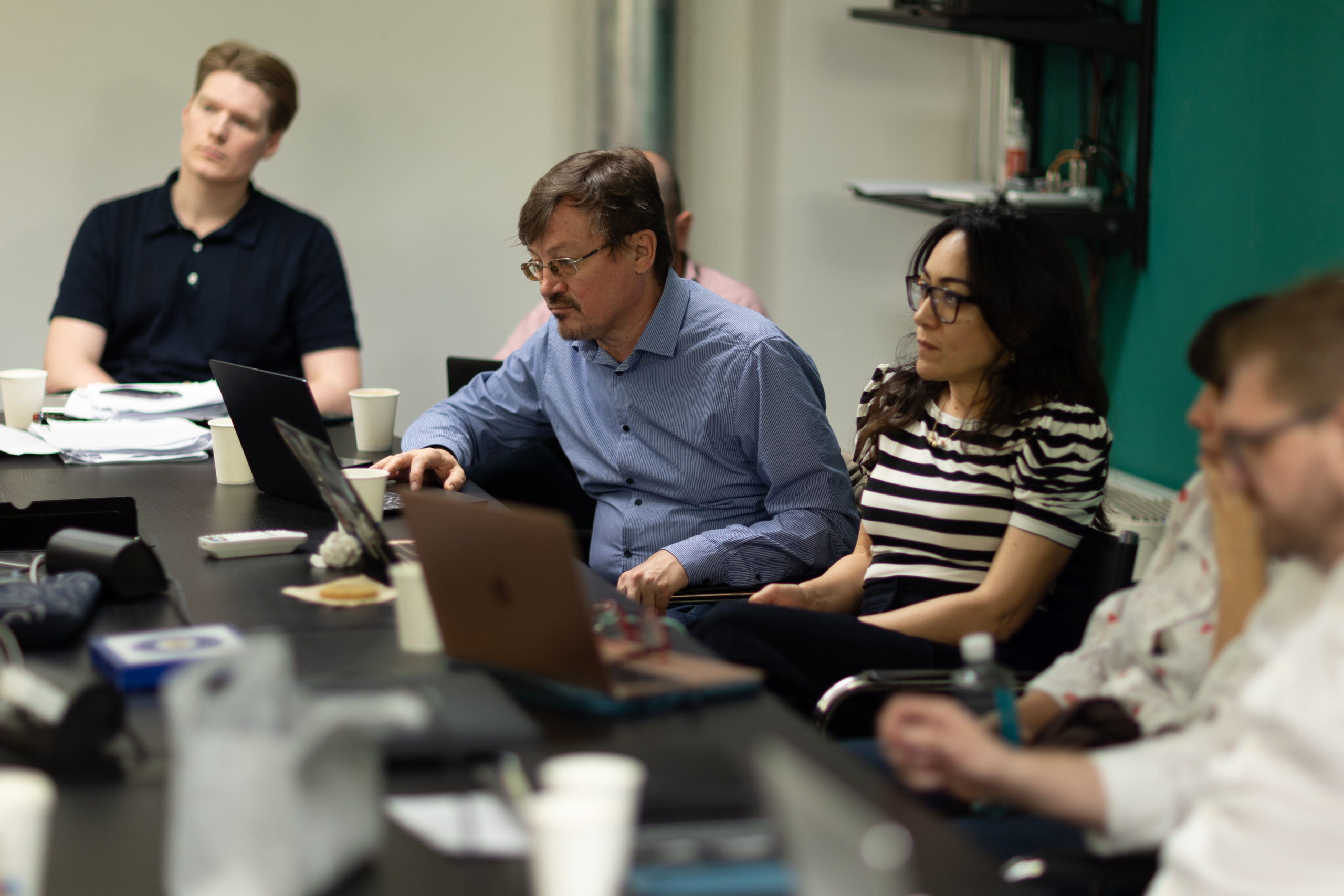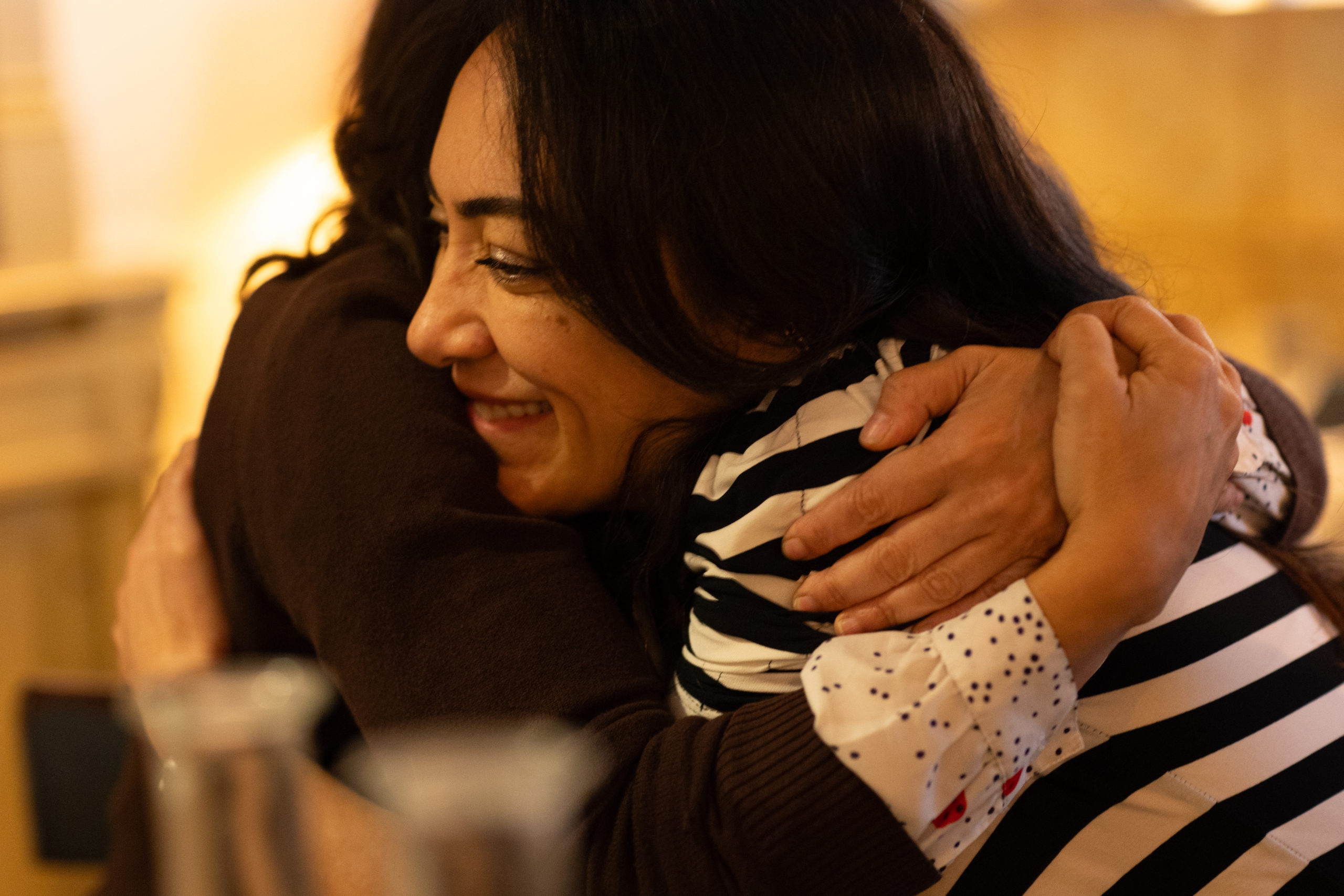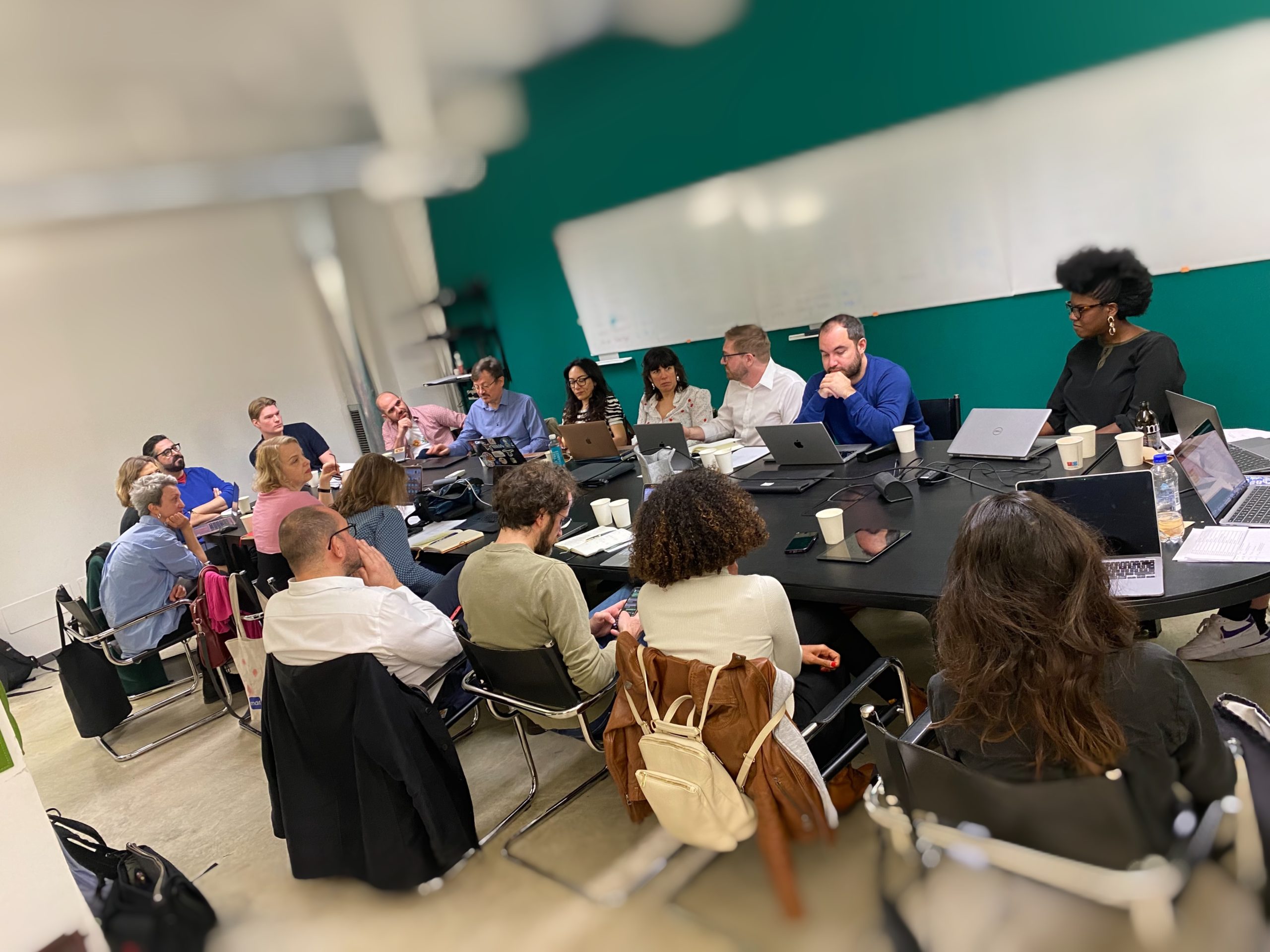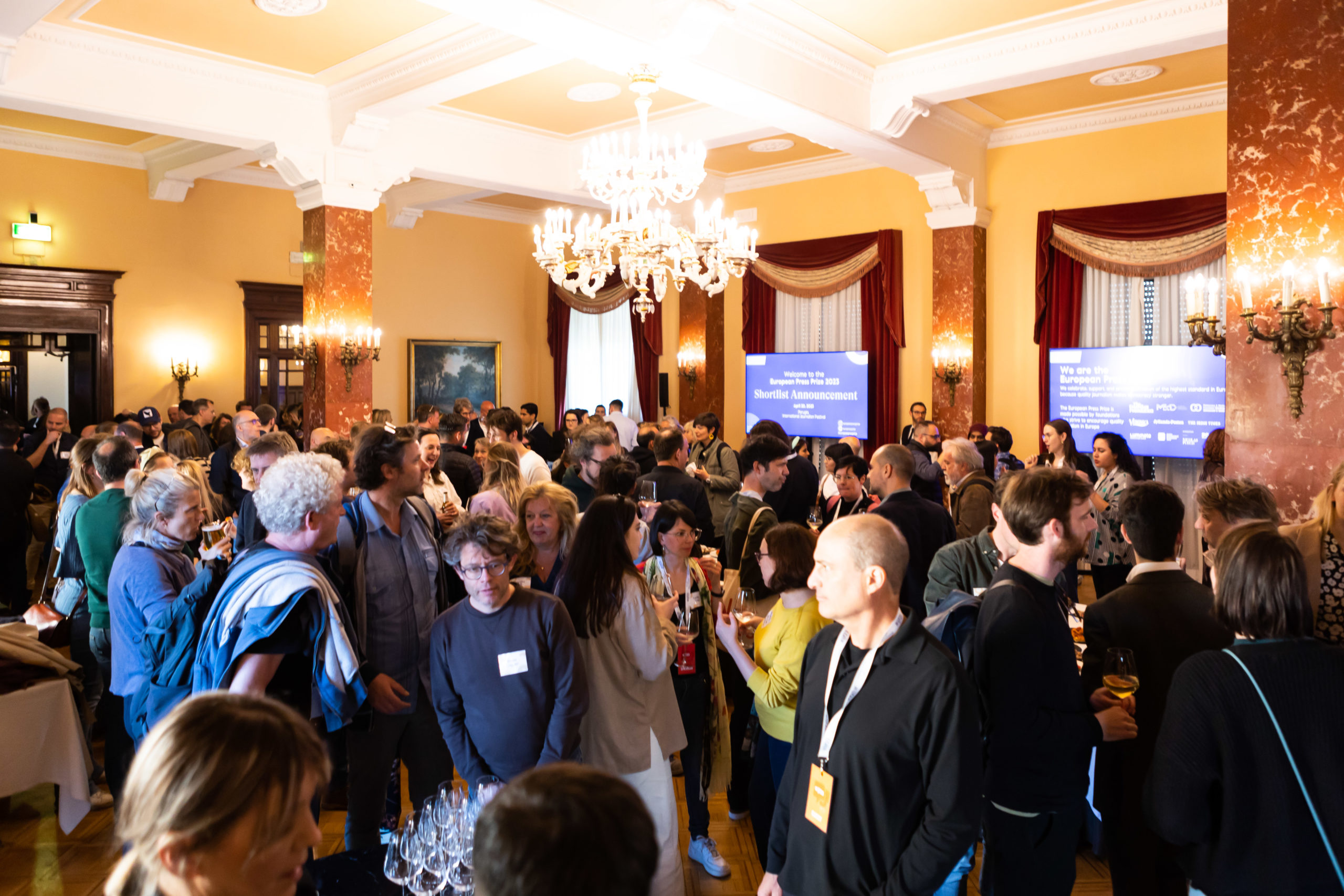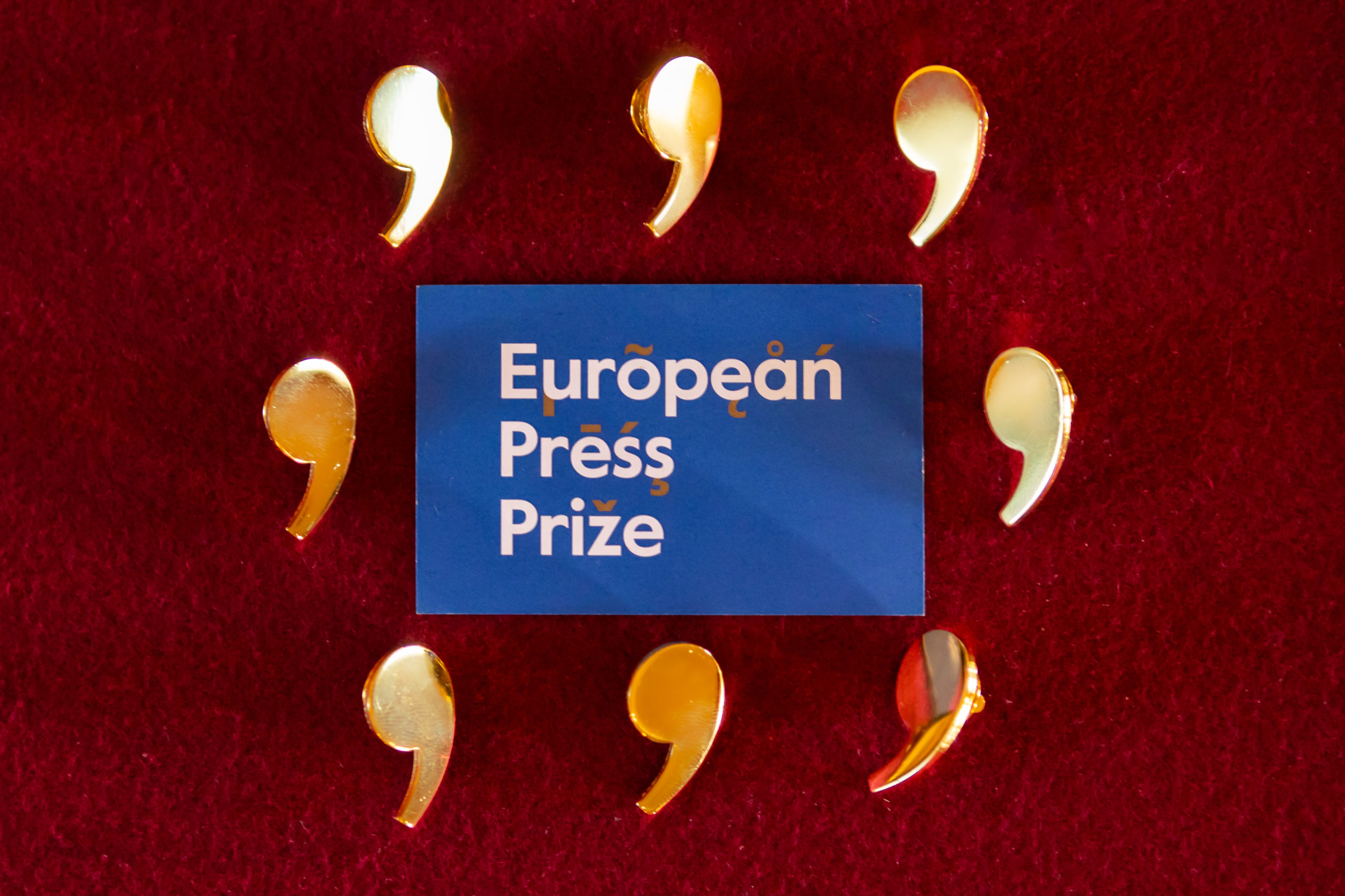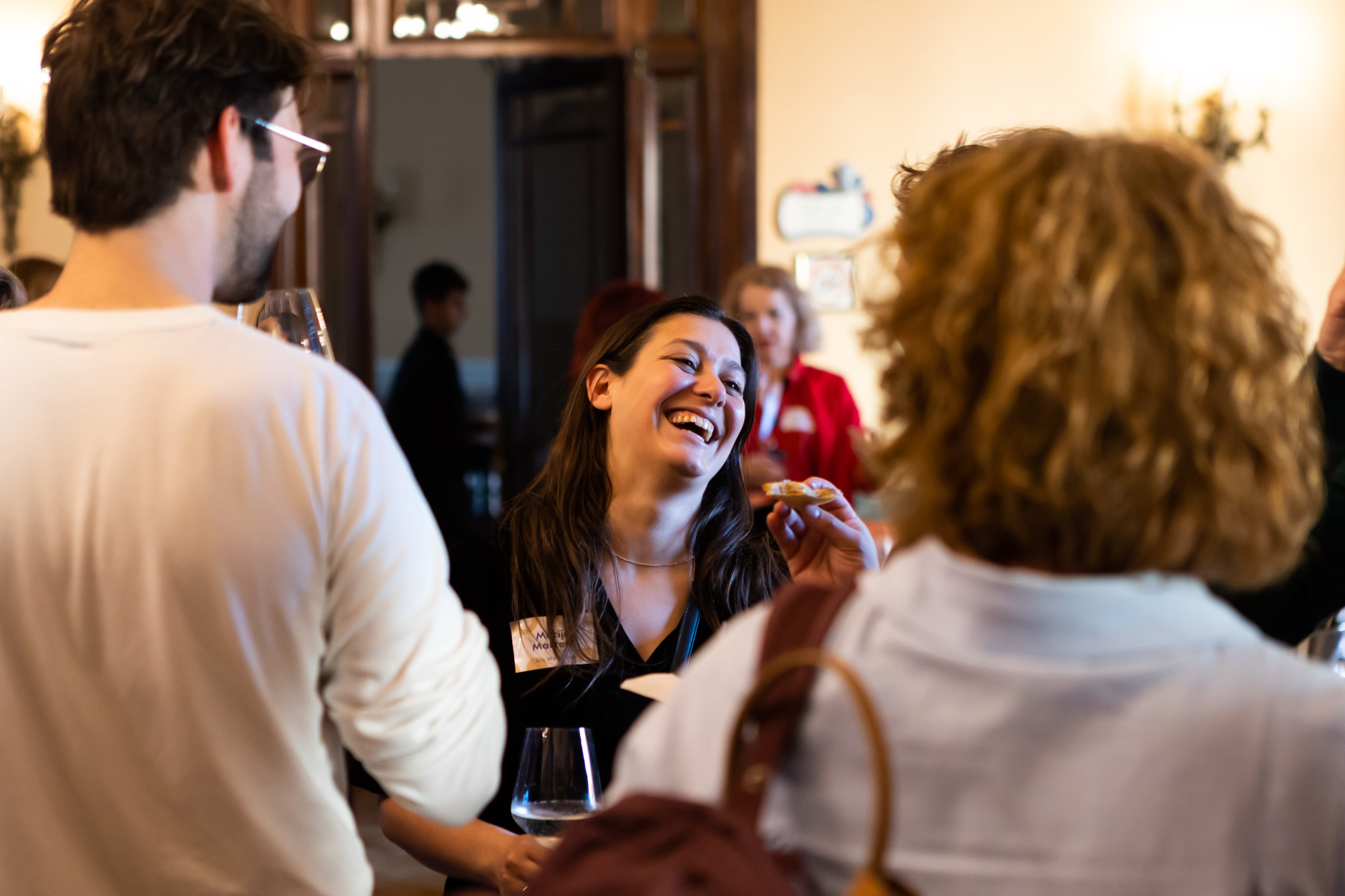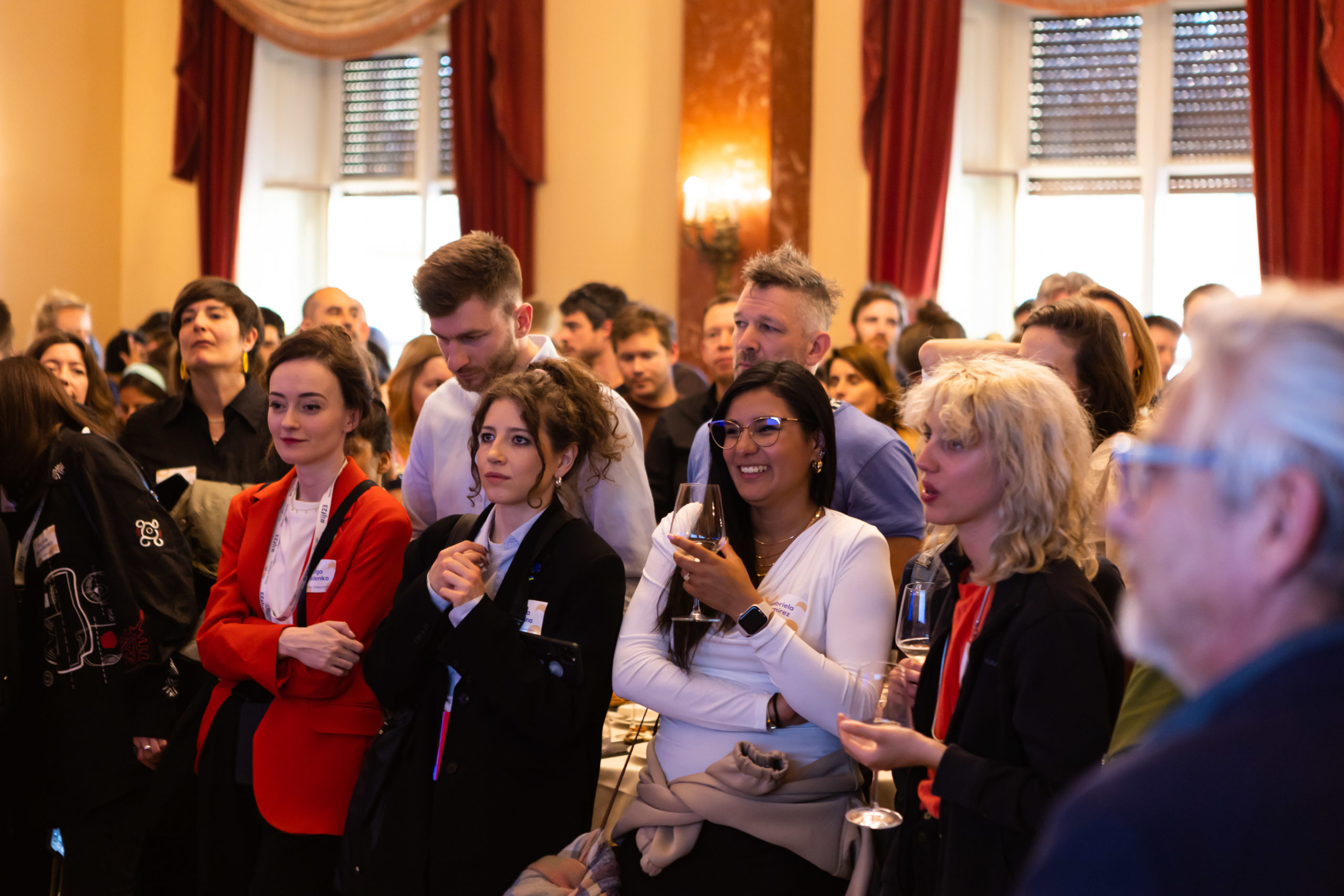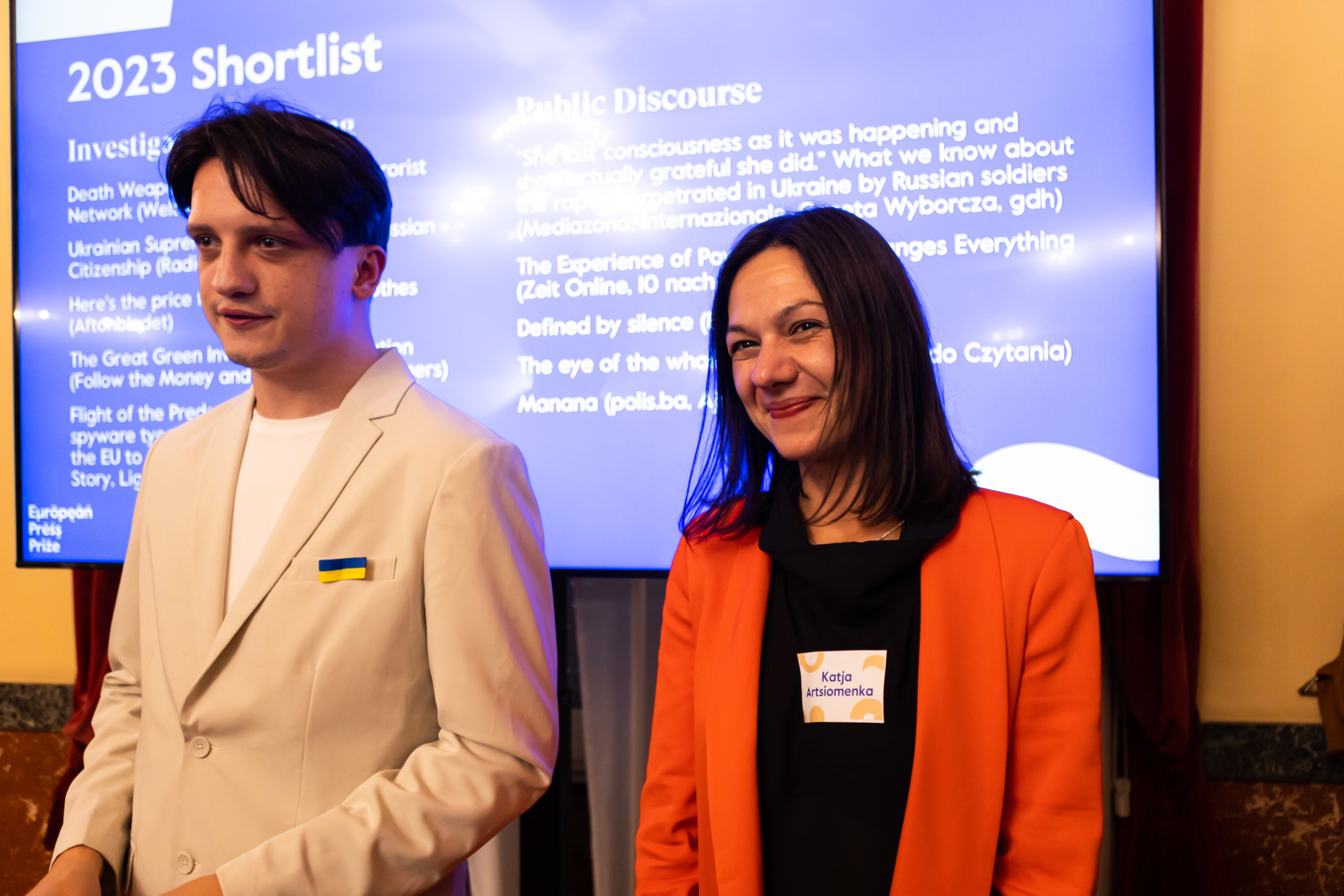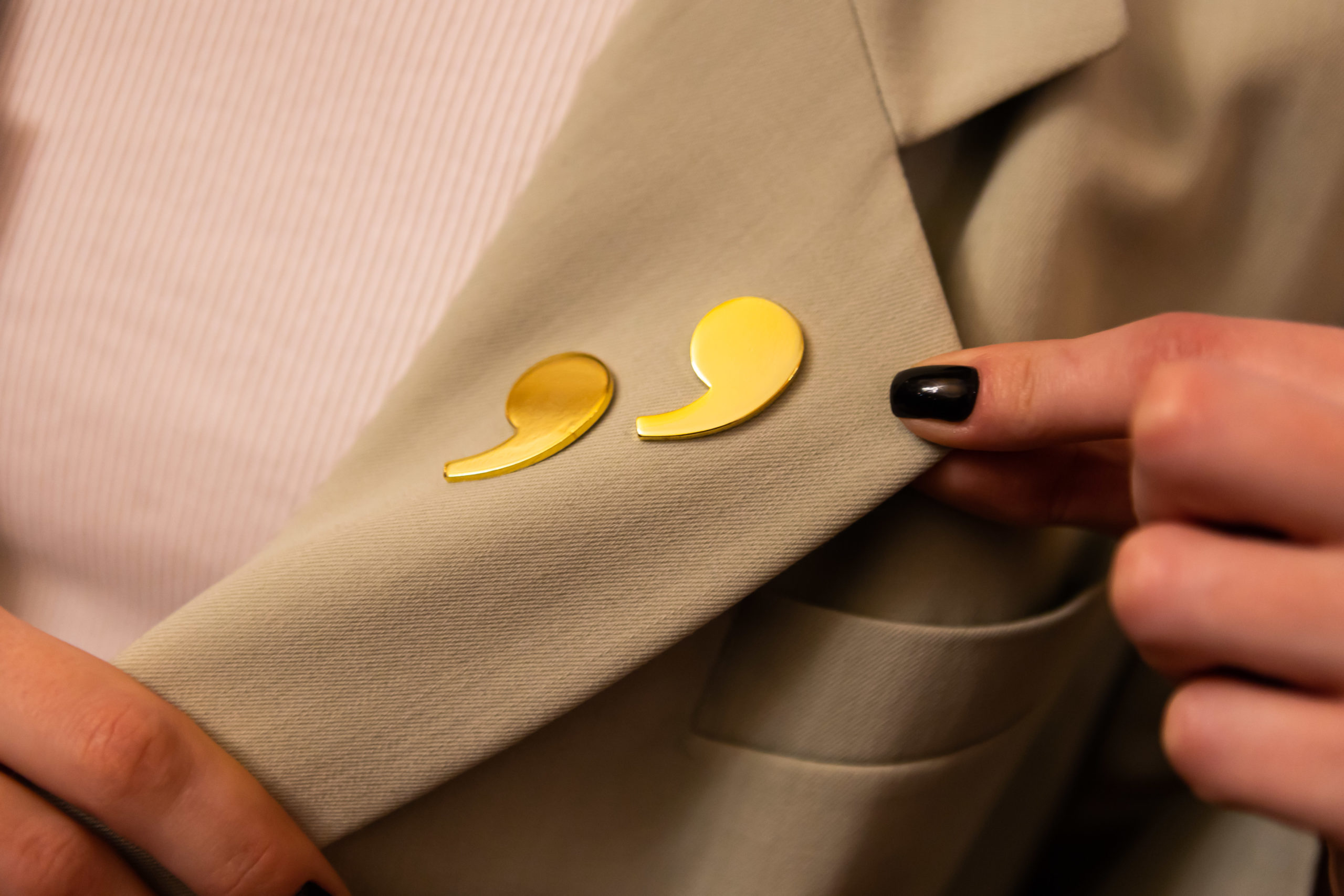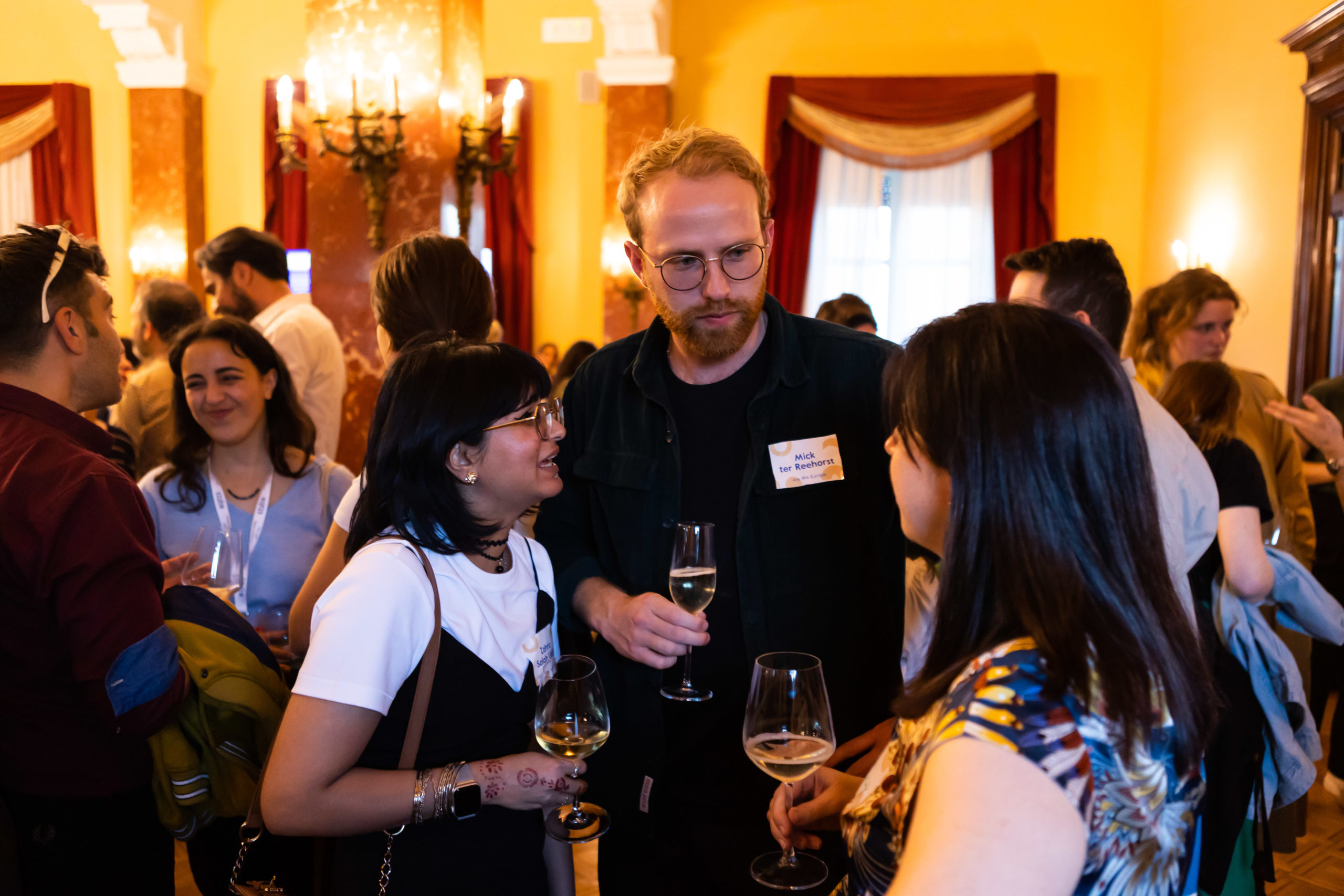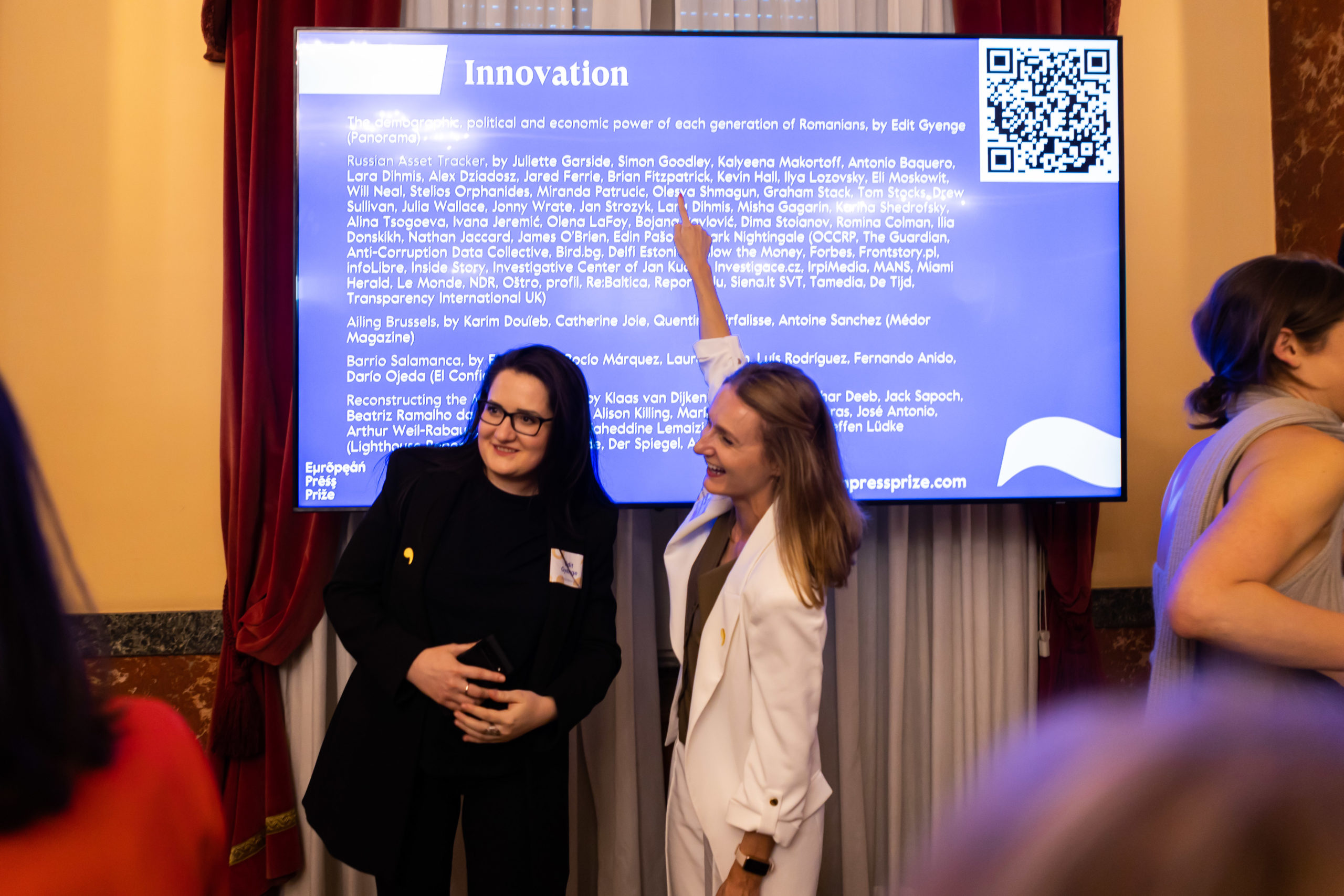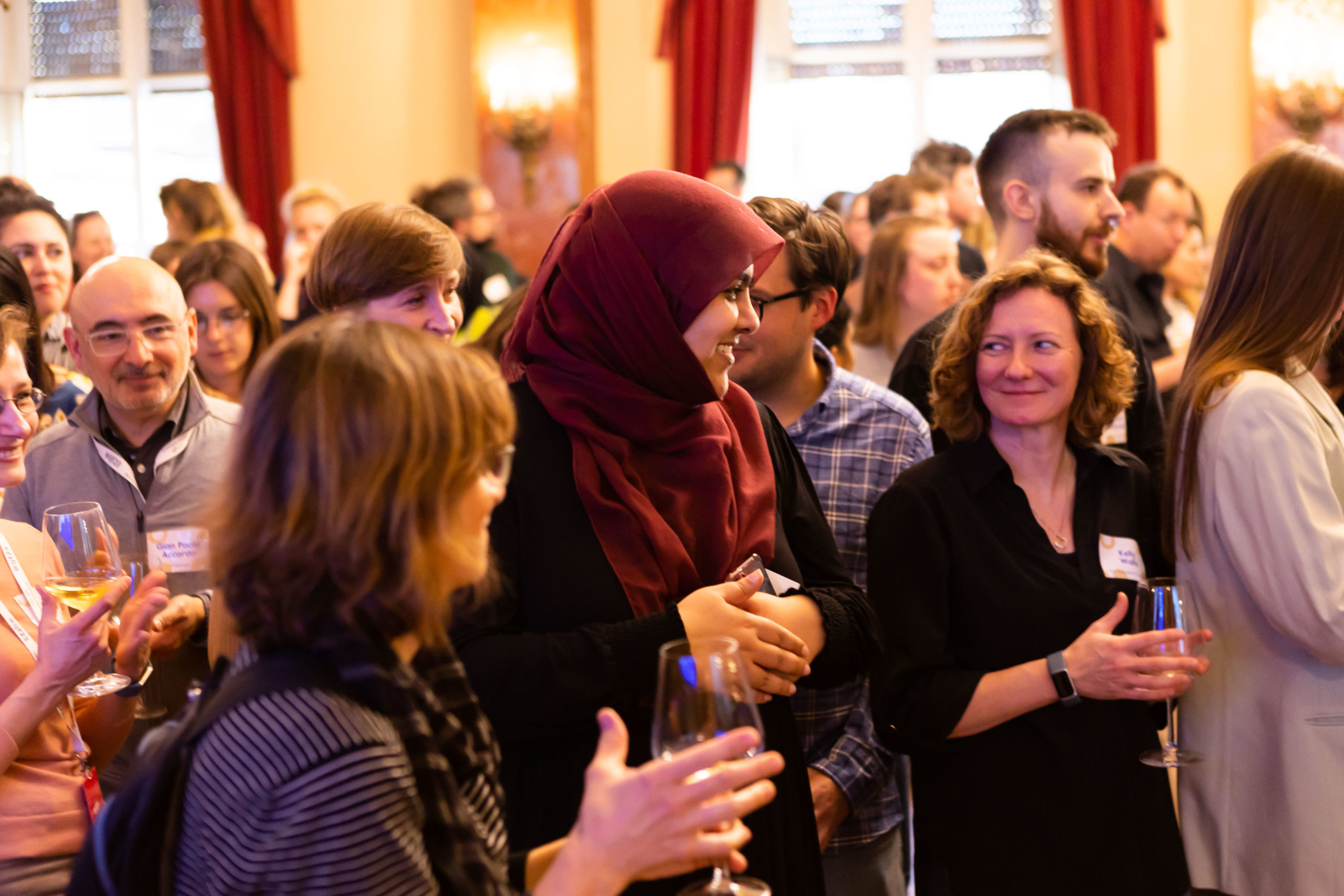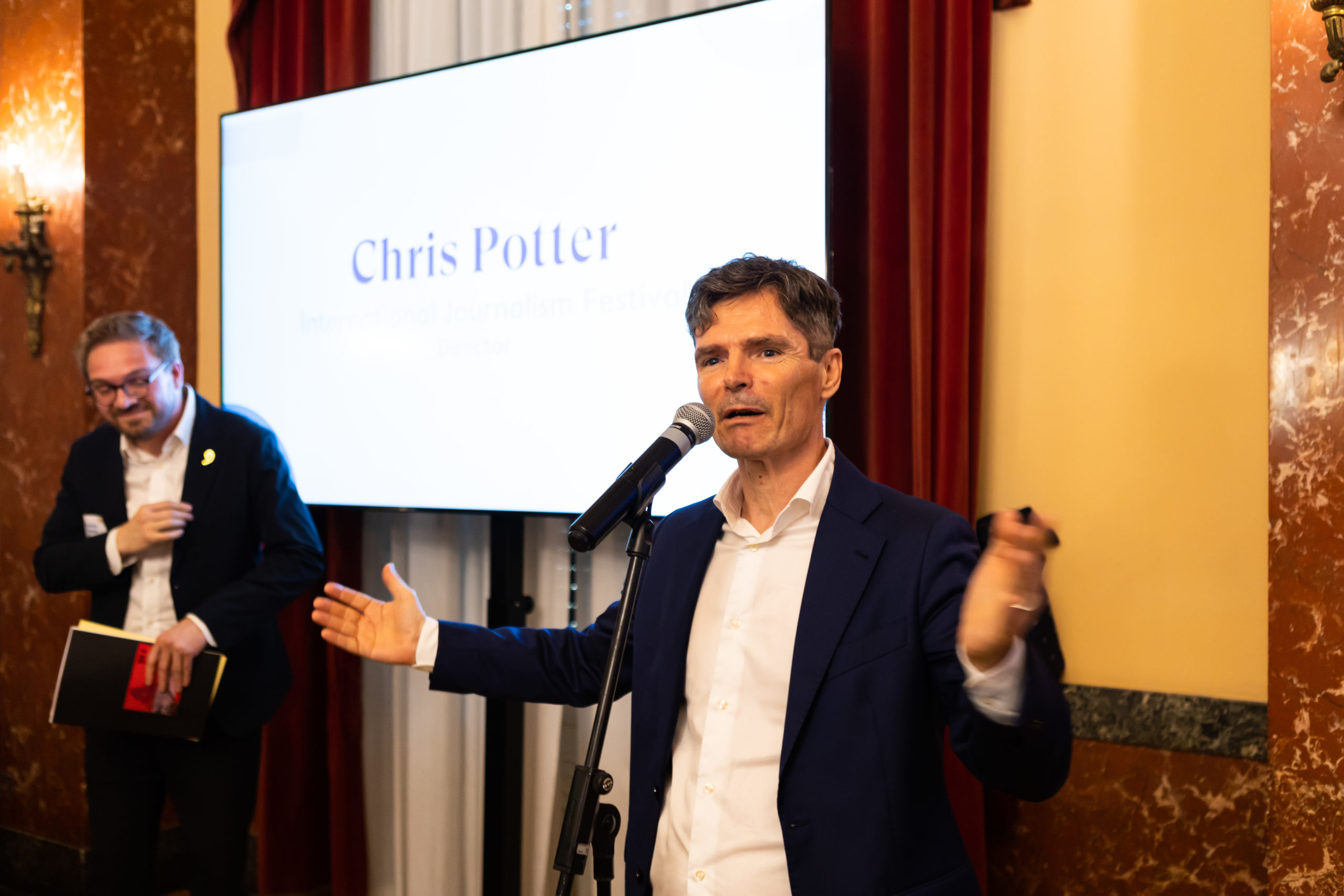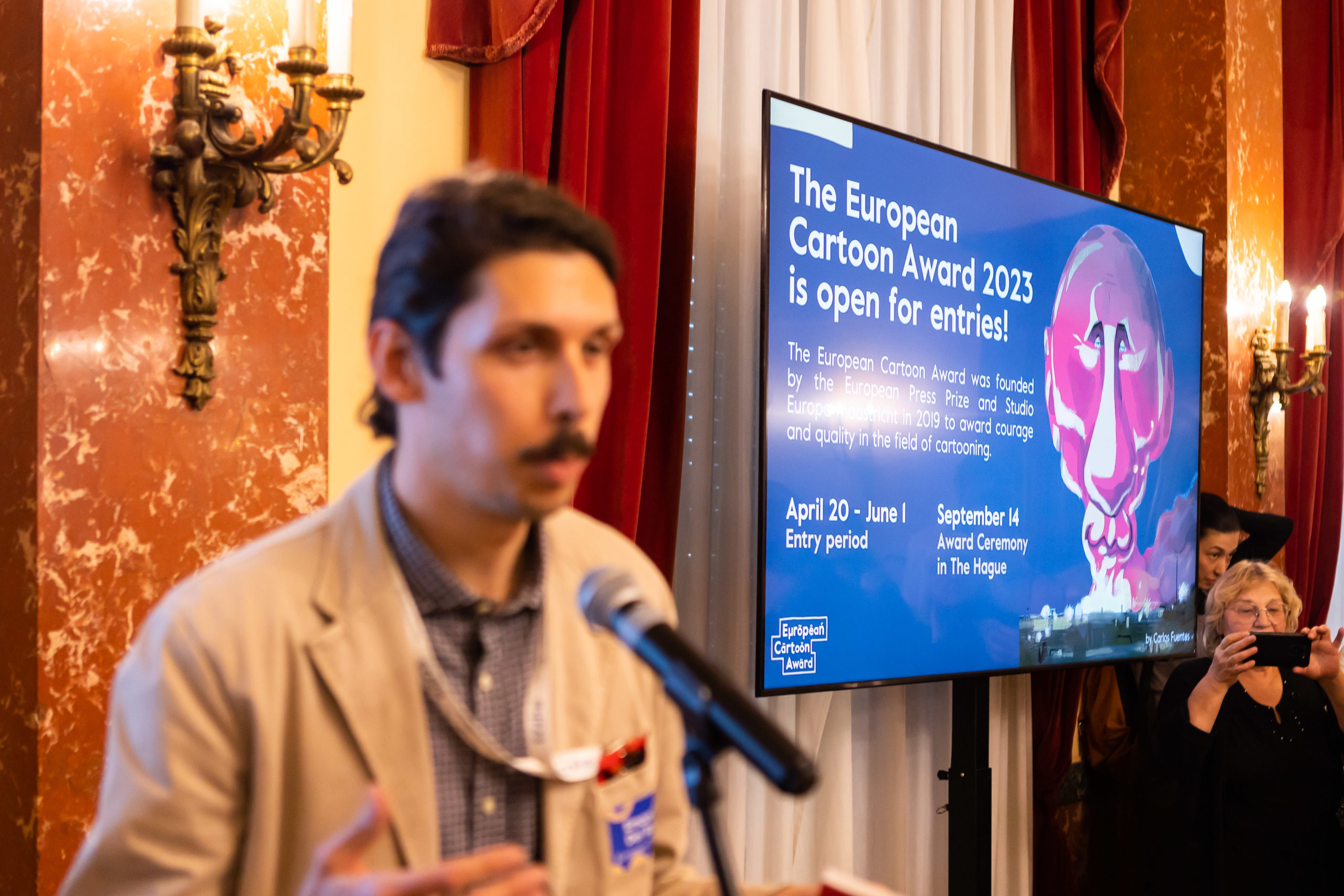The ‘secret sauce’: Our PrepCom meeting in Rome
In the last week of March, the European Press Prize team travelled to Rome for one of the most important steps that will lead us to our Award Ceremony: The meeting during which our Preparatory Committee selected the 2024 Shortlist of the European Press Prize.
One of the most consequential gears in the sophisticated machine that is the European Press Prize, is certainly our Preparatory Committee: 21 seasoned journalists, editors and media professionals coming from a variety of European countries who come together to assess and discuss dozens of submissions.
Their work is the first phase of a selection that will bring the hundreds of articles that we receive every year down to a manageable number, out of which the Panel of Judges will choose winners and runners-up. This, in turn, will bring us to the Award Ceremony, where the Awards of our five categories and the Special Award will be announced.
“The secret sauce of the Prize”
The strength of the group of professionals that compose the Preparatory Committee – besides their experience and expertise – is the variety of different backgrounds they have.
Our PrepCom members are carefully selected to make it possible to judge projects coming from every corner of the European continent. Both because of their background, their country of origin, and their skills, they can identify the gems among all the, often excellent, articles they need to evaluate.
Cristian Lupsa, Chair of the PrepCom, calls the conversations and discussions the PrepCom has, to compare the incomparable, “the secret sauce of the Prize.”
“There are 21 of us, and while we don’t all agree on everything, we use this energy to boost the works we have consensus on, to discuss values and professional standards, and make choices from a standpoint of joy and celebration.”
“At the end of the day, what the European Press Prize stands for is the celebration of Europe’s excellent journalism, and let me tell you – even with all the hardships, there is a tremendous amount of it out there.”
Jennifer Athanasiou-Prins, Director of the Prize, adds: “The PrepCom truly is the beating heart of our organisation. Without this group of talented and engaged professionals, it would be impossible to assess the multitude and diversity of projects entered for the Prize. It is an honour – and a treat – to be in the same room with them and listen to their reflections and conversations.”
Never waste a good PrepCom meeting
This year’s gathering in Rome also gave us the opportunity to connect, as we often do, with journalism schools and universities.
Having so many talented PrepCom members together in the same place allowed us to organise a side event held at Sapienza University with Professor Ruggiero and his students of Media Studies and Journalism, at the Department of Communication and Social Research.
For them, Şebnem Arsu, Winny de Jong, and Mathias Friis held three of what we call Lighting Talks – short inspirational presentations on projects related to their different areas of expertise.
This was done in the spirit of community building and knowledge sharing that distinguishes our events from others, and fits right in our European Press Future programme, where we bring our community members in contact with journalists-to-be around Europe.
Professor Christian Ruggiero explained: “Cross-border collaboration, reporting for an international audience, data journalism for TV. These are topics of great interest and relevance for our students. But the European Press Prize talks left them with something else, perhaps even more important, that is, some crucial questions: What are the ‘rules’ for safe and correct work? How much of reporting can be sacrificed to make the story ‘go’? And finally, how to take the first steps in a world that remains closed, in a profession that promises to be precarious, but that there is no doubt is still worthwhile?”
Our next stop, the IJF in Perugia
The next stop in this journey towards our Award Ceremony is our Shortlist Announcement.
It will happen during the International Journalism Festival – IJF in Perugia, on April 19. There, we will hold a panel with the title “European Press Prize in conversation: Lightning Talks and Shortlist Announcement.”
Since 2022, we have been collaborating officially with the IJF, bringing our Laureates to Italy and organizing panels and networking events to facilitate knowledge exchange.
Check the following pictures to get an impression of what we have done during past editions of the International Journalism Festival.
Meet our 2024 Panel of Judges
We are proud to present the Panel of Judges for this year’s edition of the European Press Prize.
Our Panel of Judges plays a crucial role in identifying the best European journalistic projects of the year. They select the winners of the Prize from a shortlist that is prepared for them by our Preparatory Committee. They also assign the Special Award, which goes to a striking entry that defies categories and disciplines, or to a theme or project that deserves recognition.
This year, there are two additions to the Panel of Judges, in a rotation for which Alexandra Föderl-Schmid and Sheila Sitalsing will be stepping down as Judges. We would like to wholeheartedly thank them both for their invaluable contribution to the previous years’ editions of our Award, and for their thorough and critical, but always fair, analyses.
New Judge: Paul Radu
We welcome to the Panel of Judges, Paul Radu. He is Co-Founder and Head of Innovation at OCCRP. He founded the organization in 2007 with Drew Sullivan. He leads OCCRP’s major investigative projects, scopes regional expansion, and develops new strategies and technology to expose organized crime and corruption across borders. KEEP READING
New Judge: Natalia Antelava
We welcome to the Panel of Judges, Natalia Antelava. She is co-founder and editor-in-chief of Coda Story, an award-winning newsroom that covers the roots of global crises. Originally from Tbilisi, Georgia, Natalia started her journalism career in West Africa and has been BBC’s resident correspondent in the Caucasus, Central Asia, the Middle East, Washington DC, and India. KEEP READING
Alan Rusbridger
Alan Rusbridger is the chair of the Panel of Judges. He is a British journalist, Principal at Lady Margaret Hall Oxford, and Chair at Reuters Institute for the Study of Journalism. Rusbridger was editor-in-chief of The Guardian until 2015. KEEP READING
Can Dündar
Can Dündar is a Turkish journalist, documentary filmmaker, and book author. He was editor-in-chief of the Turkish newspaper Cumhuriyet, has 40 books to his name, and was sentenced in absentia to 27 years in prison after publishing a story on Turkish intelligence’s arms trafficking to Syrian radical Islamists. KEEP READING
Clara Jiménez Cruz
Clara Jiménez Cruz is the co-founder and CEO of Maldita.es, a Spanish foundation and nonprofit news organization created to fight disinformation and lies in public discourse through fact-checking and data journalism, which won the innovation European Press Prize in 2021 for its WhatsApp chatbot. KEEP READING


